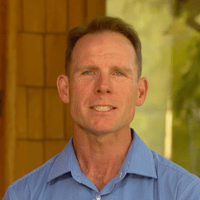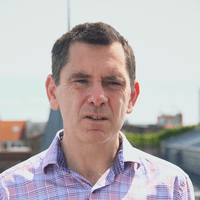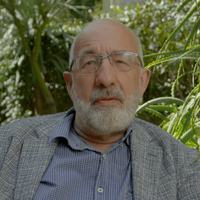JUST TRANSITION
Justice as a benchmark for the global energy transition: What does ‘Just Transition’ mean? What stakeholders are affected by the global energy transition, and how? And what must be borne in mind for just structural change to succeed?
Discover
Perspectives
AN ENERGY TRANSITION THAT LEAVES NO ONE BEHIND
A successful energy transition will not be possible unless social factors are taken into account.
The energy transition is leading to profound changes. On the one hand, jobs are changing worldwide. In certain areas of work, such as in the coal industry, jobs are disappearing, while in other areas, such as in the production of photovoltaic modules, new jobs are emerging.
Raw materials such as lithium and cobalt, which are needed for restructuring energy and transport systems, are today often still extracted under conditions that are harmful to the environment and to our health. People extracting these raw materials are also affected by changing conditions.
This disparity is therefore playing an ever-greater role both within countries and internationally.
The goal is to shape an energy transition that brings benefits to all people: a ‘Just Transition’. People affected by the energy transition are taken into account by decision-makers.
JUST TRANSITION – DISCOVER THE TOPIC FROM DIFFERENT PERSPECTIVES
Putting a just energy transition into practice means bringing benefits to everyone. To this end, we have to understand and reconcile the different actors’ perspectives in order to shape the just transition together. Get to know the perspectives.
Choose a perspective and then switch between the different texts.
JUST TRANSITION IS A CONCEPT THAT ORIGINATED IN THE NORTH AMERICAN LABOUR MOVEMENT AND WAS DESIGNED BY TRADE UNIONS AND ENVIRONMENTAL JUSTICE ORGANISATIONS.
Restructuring our energy and economic systems offers many opportunities: opportunities for new jobs with good working conditions, for example in the field of renewable energy, opportunities for the sustainable modernisation of entire regions, and opportunities for a global climate policy based on solidarity, which protects the poorest and weakest countries and supports them in their efforts to adapt to climate change in order to achieve justice for the generations of today and the future.
A Just Transition emphasises these opportunities in order to improve the working and living conditions of people affected by the energy transition:
What main actors from the renewables industry, the environmental sector or from politics are key drivers of the energy transition and take decisions about how it is implemented?
Which groups of people and what regions are affected by the structural change, and to what extent? How can these actors be involved in the restructuring processes? Are all affected parties represented?
Which actors require support so that they can also benefit from the global energy transition?
Listen to the thoughts and experiences of actors worldwide who are shaping the energy transition and are affected by it.
To this end, actors from society, politics, business and the science community must work together to constantly renegotiate answers to the above questions.























































